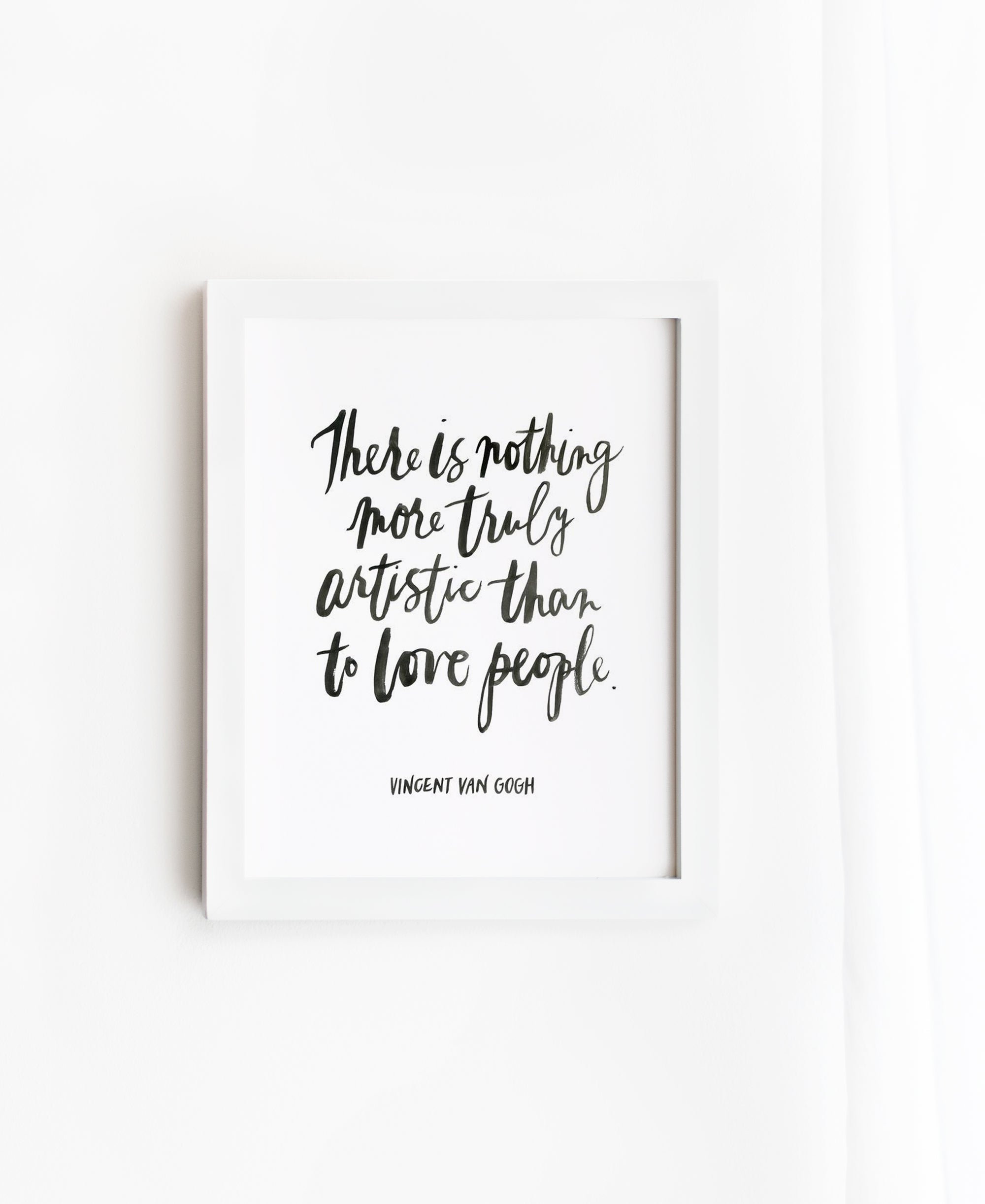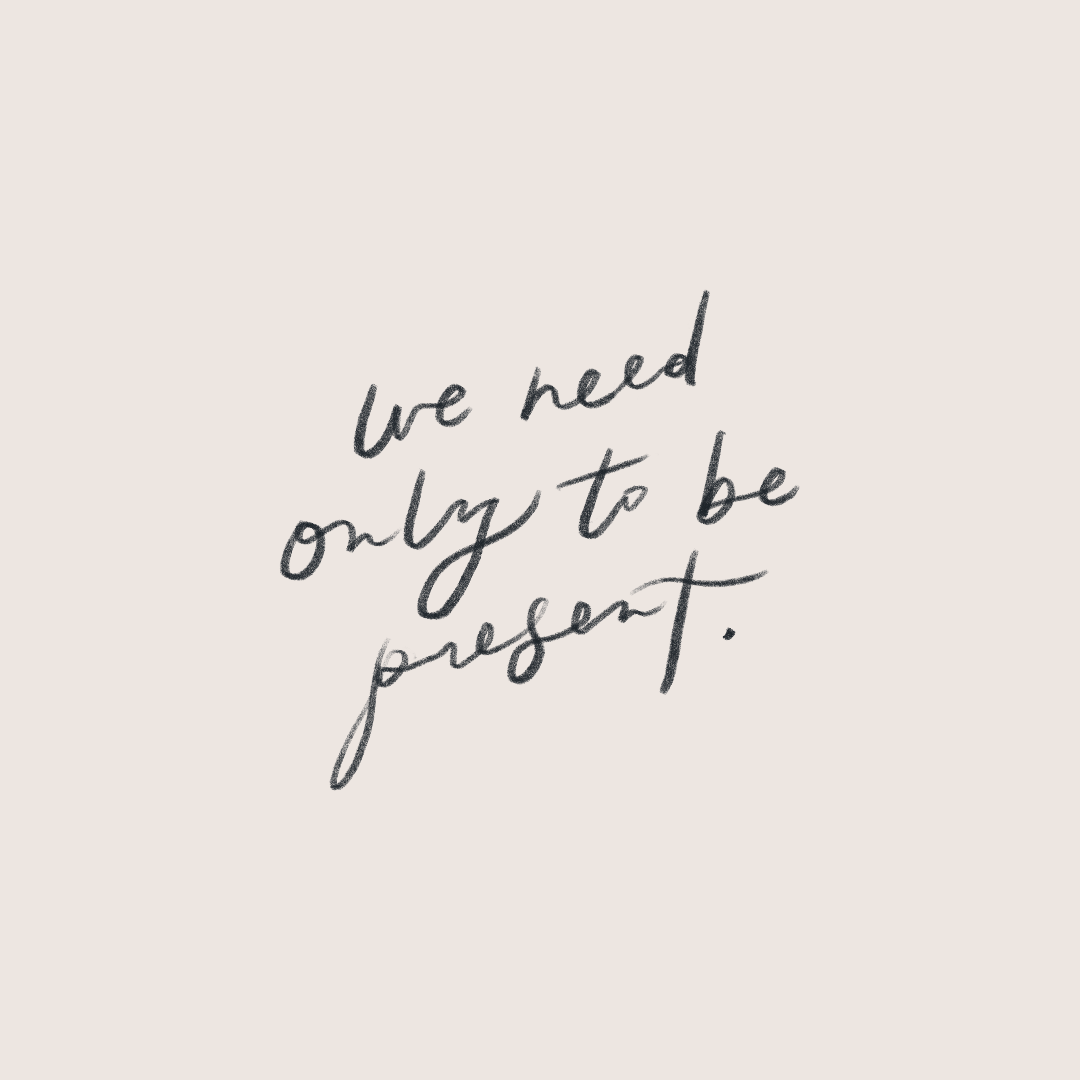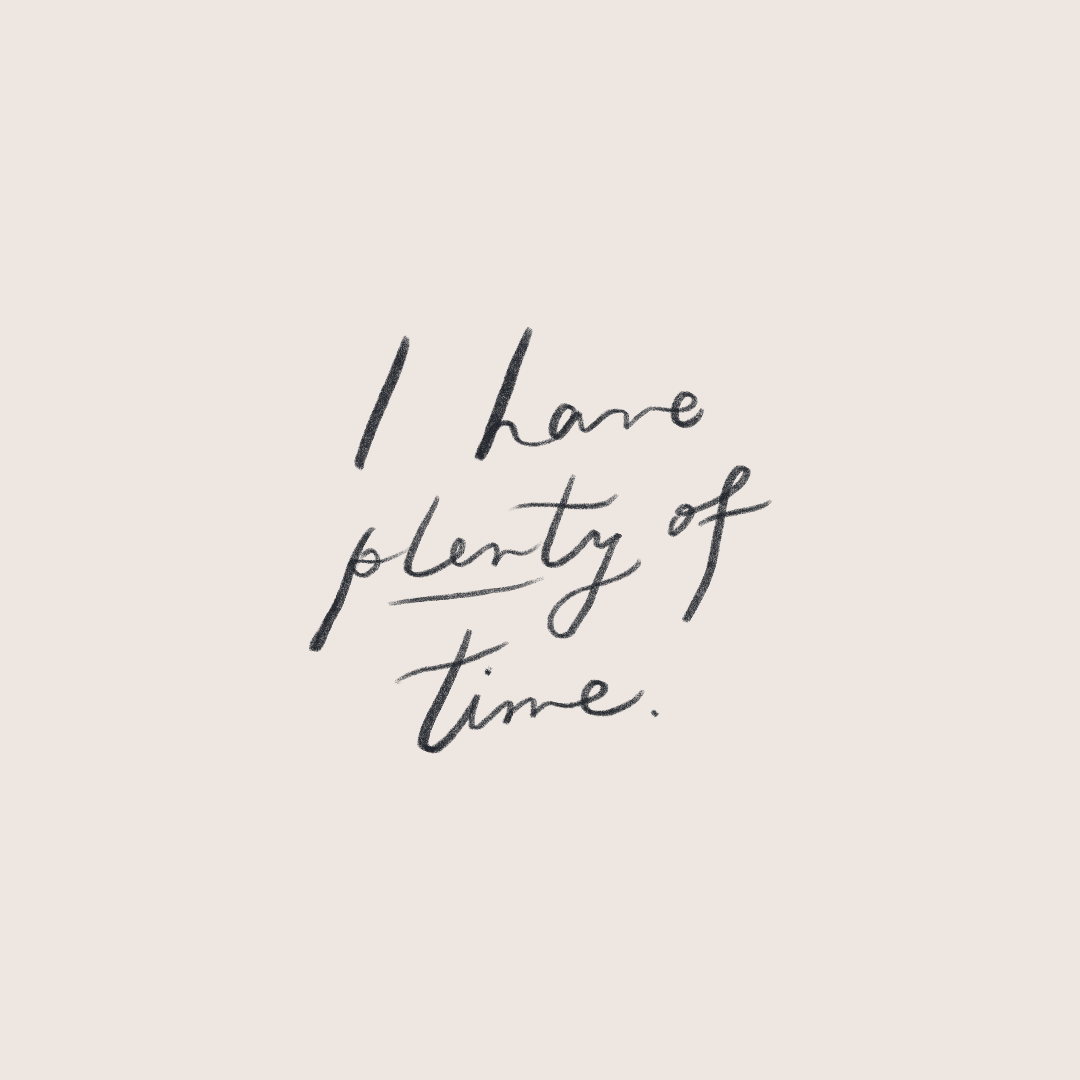Lately, it seems like every few months we hear the heartbreaking news of another beautiful life lost to the demons of depression. The back-to-back deaths of Kate Spade and Anthony Bourdain last week hit me particularly hard because coincidently, I was just starting to come out of a deep, hormonal postpartum sadness as the news of their passing hit the Internet. For the first time in my life, I knew what it felt like to experience gripping, unshakeable sadness in my heart despite knowing in my head that my emotions were unfounded, even irrational, based on my present circumstances.
I am no expert on mental health issues nor do I mean to liken my experience of postpartum sadness to the throes of deep depression, but I do understand better now that the delicate balance of chemicals in our brains can go haywire for lots of different reasons, sometimes causing a spiral into darkness comprised of a complex myriad of lies + half truths you’ve come to believe throughout your life. The source of your identity. The root of your happiness. The measure of your worth. When your sadness is caused by a chemical imbalance, it doesn’t matter how lucidly you reason with yourself based on the truths you know or how many times you count your blessings, the heaviness hangs around you like a thick gray fog that will not lift.
Shortly after Haley was born, I started to experience a consuming sadness about her getting older. The feeling crept up on me out of what seemed like left field, and it felt very much like I had taken a depressing, loopy love potion for my newborn. While most seasoned parents would say the newborn stage was the one they couldn’t wait to get out of, I was crippled by the sadness of her getting older and thoughts about her growing up left me on the verge of tears. Instead of joyfully celebrating each milestone, I felt hyperaware and anxious about how quickly time seemed to slipping away. My brain somehow made me believe that Haley’s very essence was wrapped into her being a tiny baby and that I’d lose her as she got older, that I’d always miss her.
The most frustrating part about it all was that even in the midst of the deep melancholy, I also felt quite sane and was very aware that my thoughts were irrational even as I had them. Of course I wanted Haley to grow up and be all she was created to be, and yes, I so looked forward to actually having a relationship with her, and clearly she would still be herself through all of her life stages...and yet I could not escape the heavy sadness no matter how hard I tried. There were moments the clouds would part and I could catch glimpses of blue skies, but those darn clouds always seemed to find their way back.

After several conversations with my husband and Pat, I realized that the gripping sadness was not a normal emotion, but likely a result of a postpartum hormonal imbalance that had yet to regulate. The combination of being extreeeemely sleep deprived (hi, fellow sensitive sleeper newborn mamas) and being almost completely isolated for two months had taken a hefty toll on my brain health, not allowing it the rest or nourishment it needed to recover from the postpartum hormonal crash. I’ve since taken active measures to help regulate my hormones, from militantly taking my vitamins and consuming foods high in monounsaturated oils, to taking a daily walk in the sunshine and spraying on magnesium oil (better absorbed transdermally, apparently!), but most importantly, I’ve prayed for clarity and peace and reached out to any and every mama friend I could think of.
I’m so thankful for the ways postpartum mental health has become more normalized because I truly felt no shame in texting or meeting with these ladies to tell them in depth what I had been feeling, to ask earnestly “how about you?”. Every single sweet friend listened intently and responded with such honesty and heartfeltness, helping me see that though my emotions were not quite normal, my experience was. That I was. Not one person made me feel like I was alone, and even though they may not have experienced the same emotions, the resounding consensus was that the fourth trimester is REALLY HARD. And the offer after every text exchange the same: always, always reach out again if you ever need anything. Bless those women. The value of an empathetic friend in our darkest hours cannot be overemphasized.
If anyone reading this is struggling at all with depression/anxiety and feeling so alone, I implore you to please, please reach out to the people around you, anyone you can trust, and tell them what you’re going through in detail. Be vulnerable. Don’t feel the least bit ashamed for feeling emotions you cannot control. Don’t believe the voices that tell you that you are alone, unworthy, or unloved for a second. I hope so badly that it doesn’t sound trite or cliché to tell you that you were created with a beautiful, intentional design and for a purpose beyond what you can see right now. The layers of sadness or apathy might be so heavy they feel like a physical weight, but please know that there are ways out of the darkness besides taking your life. You are known and loved beyond measure.
big big hugs,
dot




